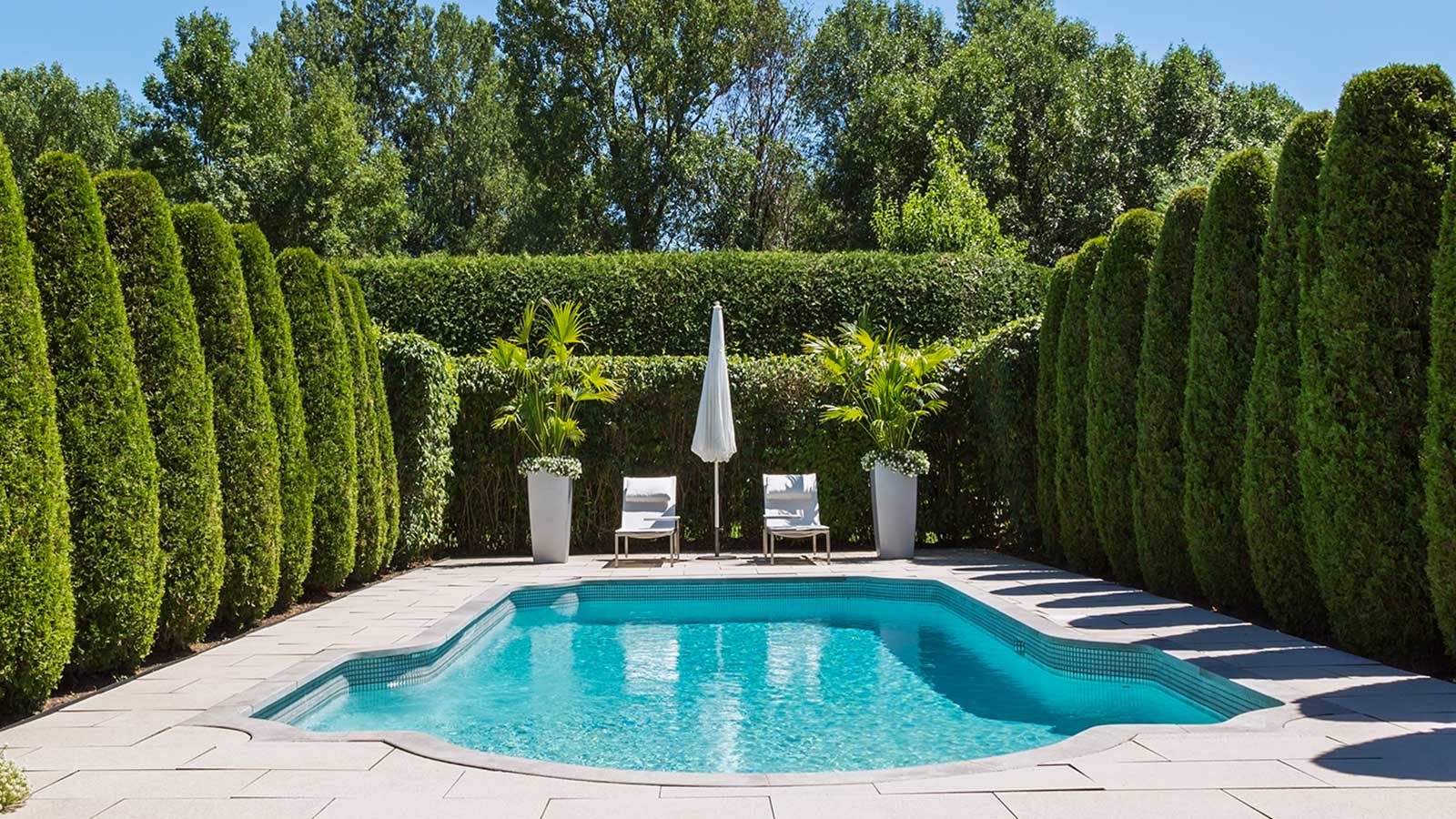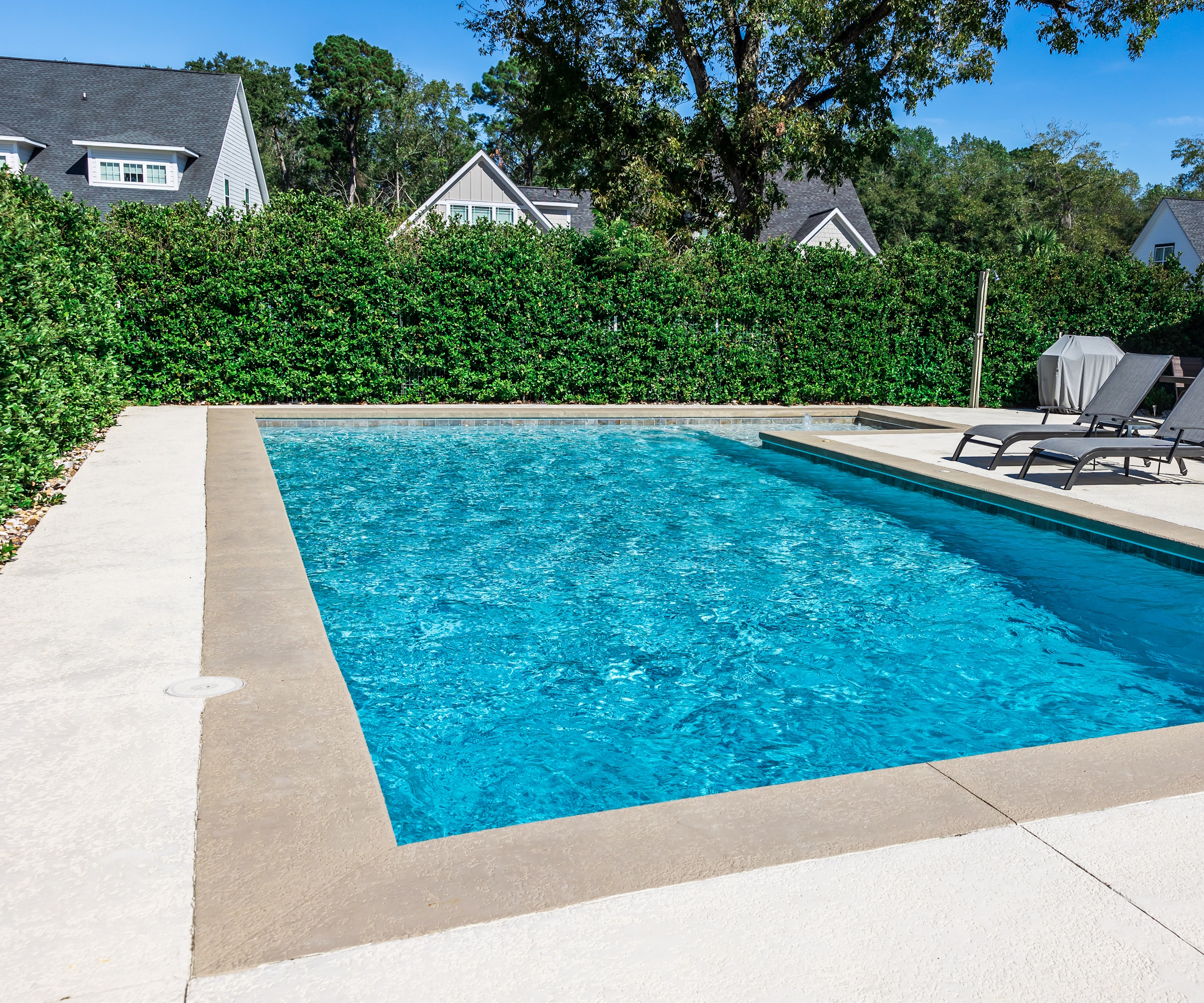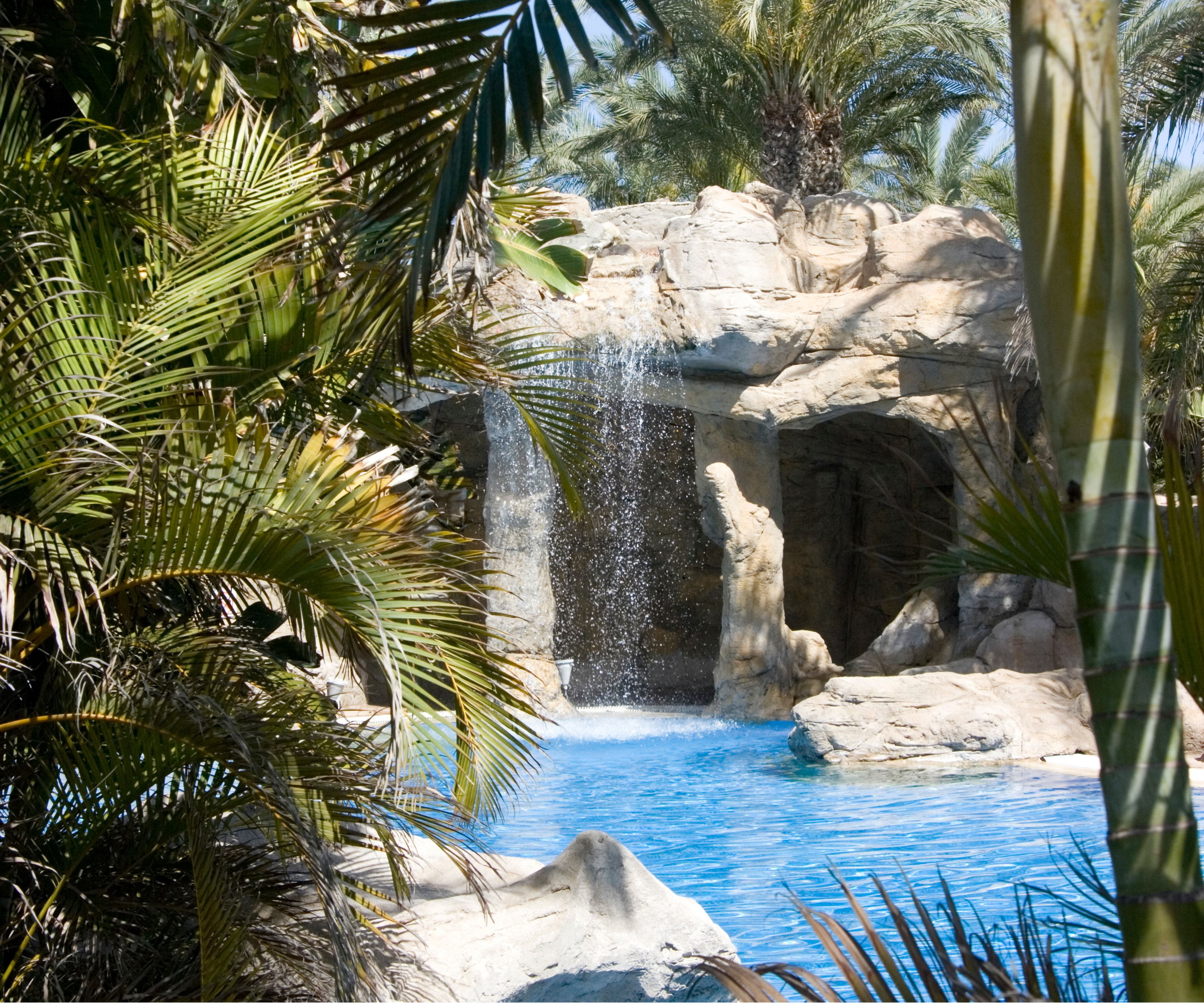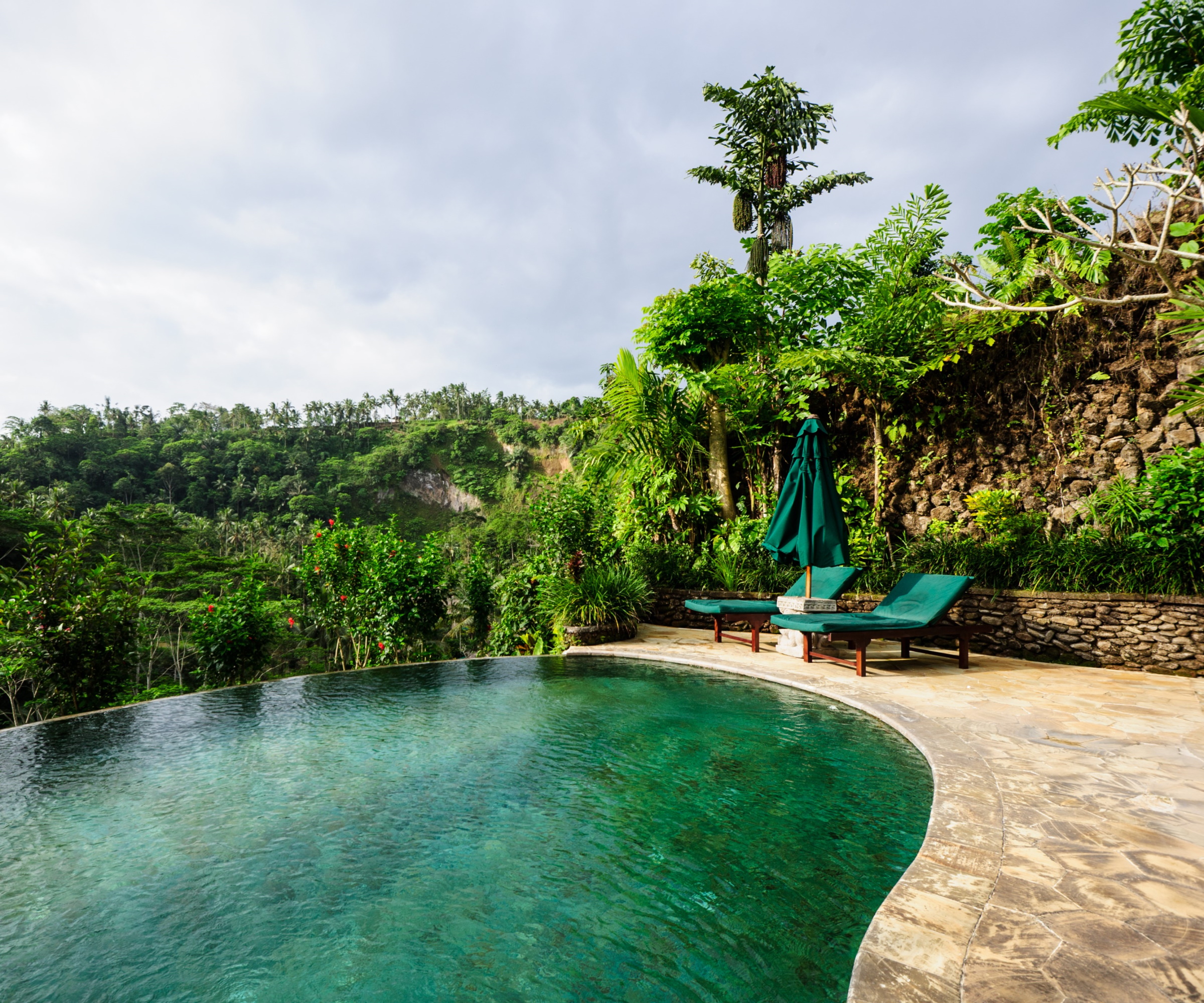Can you clean a pool without chemicals? A swimming pool expert weighs in
All you need to know about cleaning a pool without chemicals


There's nothing like a swimming pool in your backyard for relaxing in the sun. Swimming is a great way to keep fit and cool off on those balmy summer days.
However, keeping your pool clean by topping it up with chlorine is an expensive job. It costs a lot, needs practice, and even if you do everything right you're often left with a chemical smell and water that stings your eyes.
I spoke to a pool expert for advice about the alternatives to using chlorine. However, it seems like chlorine is your best bet.

Is it possible to clean a pool without chlorine or other chemicals?

It's possible to clean a pool without chlorine but unfortunately, it's not something you can switch to if your pool is set up for chlorine. .
Pool expert Rafi Friedman told me that most ways of cleaning and maintaining a pool without chlorine need specialist equipment, or a very clear plan from the start.
For example, you could make a natural pool. Rafi told me that 'Natural pools use plants and natural filters to create a clean swimming environment.' However, you can't just add plants to a chlorine pool. If you don't already have a natural pool, installing one will cost thousands of dollars in labor, parts, and plants.
Another alternative is a saltwater pool. However, you need to convert your pool to a salt pool by buying new filters, pumps, and a salt cell. What's more, saltwater pools still use chlorine. They generate chlorine from salt electrolysis, so if you want to completely avoid chlorine, you're out of luck.
Rafi suggests that 'You can also use tools like ionizers and ozone generators to reduce your need for chlorine, though you'll still want to use some.' You can find cheap solar ionizers like this on Amazon, but if you're blonde, it might turn your hair green. Ozonators don't have this problem, but they're very expensive. For example, this ozonator at Leslie's Pool Supplies is nearly $1000. What's more, with both of these solutions, you still need to use chlorine.
Design expertise in your inbox – from inspiring decorating ideas and beautiful celebrity homes to practical gardening advice and shopping round-ups.
Whatever you do, make sure you research your pool and whether or not it's suitable for these methods. Rafi says to 'Always carefully do your research before employing alternative pool cleaning methods; using the wrong method on the wrong pool could result in health hazards or serious damage to your pool equipment.'

Rafi Friedman is the president of Coastal Luxury Outdoors, a pool building, construction, and cleaning company based in Florida. Coastal Luxury Outdoors provides a five-star service to over 1,000 clients, building more than 100 pools annually.
Should you use bromine?

There's no 'natural' way to clean a pool. Chlorine is your best option for keeping a pool clean because it kills algae and bacteria. However, if you're dead set against using chlorine, you could try using bromine. Rafi told me that 'While bromine is another option to avoid chlorine, it has many of the same chemical properties.'
Bromine is good because it works over a greater amount of time than chlorine, so you need to replace it less often. It smells less strongly than chlorine, is less likely to trigger asthma, and it's kinder on your eyes. Bromine is also more stable at hotter temperatures, so if you have a hot tub as well as a pool, using bromine on both could save you a little money.
However, bromine breaks down in UV, so if your pool gets a lot of full sun, it won't be as effective. Bromine is also more expensive than chlorine, so it won't help if you're trying to save money. What's more, if you have a bad skin reaction to chlorine, bromine will cause the same symptoms.
Chlorine FAQs
Does chlorine affect pH?
Too much chlorine will raise the pH level of your water and make it slightly alkaline, which can cause rashes. You can lower pH with muriatic acid like this from Home Depot.
For more help with your pool, take a look at our pool ideas and advice about pool shock and bleach.

As a gardens and lifestyle contributor, Alex makes sure readers find the right information to help them make the best purchase. Alex got his start in reviewing at the iconic Good Housekeeping Institute, testing a wide range of household products and appliances. He then moved to BBC Gardeners’ World Magazine, assessing gardening tools, machinery, and wildlife products.